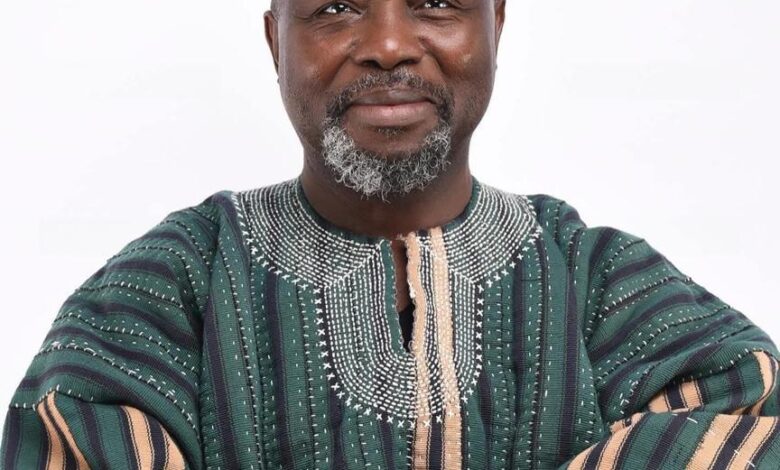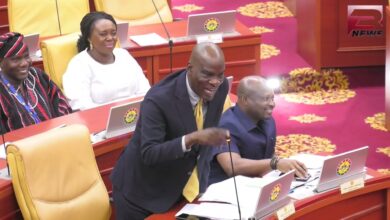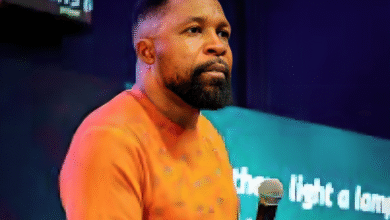This suit is speculative and frivolous– AG fights CJ suspension challenge

The Office of the Attorney General (AG) has mounted a strong defense of President John Mahama’s decision to suspend Chief Justice Gertrude Torkornoo, dismissing a legal challenge to the move as speculative, frivolous, and an abuse of the judicial process.
In an affidavit filed at the Supreme Court in opposition to an interlocutory injunction brought by the Centre for Citizenship, Constitutional and Electoral Systems (CenCES), the AG urged the apex court to strike out portions of the application, describing them as unconstitutional and lacking probative value.
CenCES, a civil society group, is seeking to halt proceedings activated by the President to investigate the Chief Justice, contending that the process violates the 1992 Constitution.
According to the group, the President’s response to three separate petitions calling for Justice Torkornoo’s removal did not follow proper constitutional procedures and undermines principles of fairness, equality, and administrative justice.
The group cited specific breaches of Articles 17, 23, 296, and multiple clauses under Article 146, arguing that the removal process was initiated without the lawful establishment of a prima facie case, rendering the President’s action null and void.
However, the Attorney General’s affidavit in opposition pushed back firmly, asking the court to reject the injunction request and allow the committee formed by the President to continue its work unimpeded.
The AG specifically asked the court to strike out paragraphs 17, 18, 19, 22, 23, and 26 of the applicant’s affidavit, on grounds that they contain inadmissible and unconstitutional materials relating to in-camera proceedings protected by Article 146.
The AG contended that some of the evidence attached to the application lacked authenticity and, even if considered, carried more prejudicial weight than evidentiary value.
The materials, according to the AG, breach confidentiality rules surrounding the impeachment process for a Chief Justice and should not be entertained by the court.
Furthermore, the Attorney General accused CenCES of advancing claims that are “exceedingly speculative” and “exceptionally frivolous,” suggesting that the suit was designed to disrupt a lawful process sanctioned by the Constitution.






